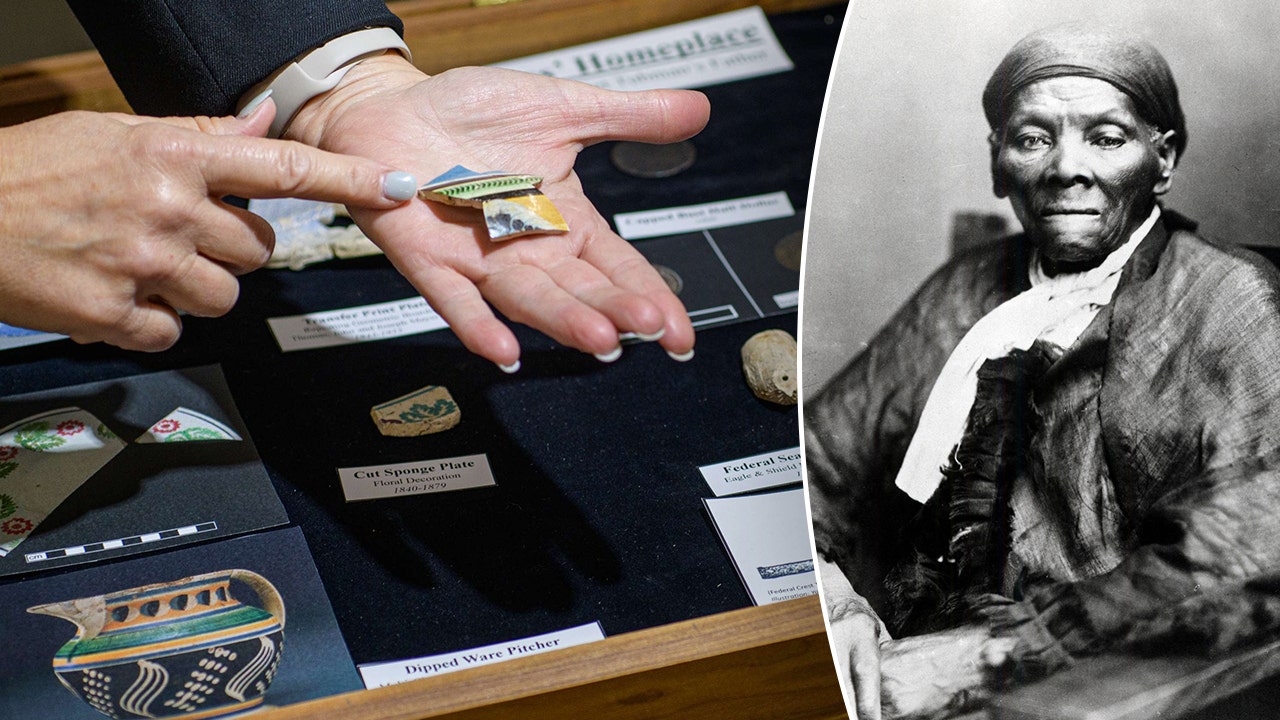The Bill Paying Etiquette Of Second-Wave Feminism
In the realm of second-wave feminism, the fight for gender equality extended beyond suffrage rights and workplace discrimination. It encompassed many aspects of women’s lives, including their finances. One interesting aspect of this movement was the development of bill paying etiquette. With the rise of feminism in the 1960s and 1970s, women sought to challenge traditional gender roles, including the expectation that men should always pay for dates and other expenses. This article explores the evolution of bill paying etiquette during second-wave feminism and its impact on societal norms.
Challenging Traditional Expectations
During the second-wave feminist movement, women began to question societal expectations that placed financial responsibility solely on men. Many feminists saw this as a clear example of gender inequality, as it suggested that women were incapable of supporting themselves financially. As a result, they worked to challenge and change these expectations, advocating for a more equitable division of financial responsibilities within relationships.
The Rise of the Split Bill
As part of the push for gender equality, feminists introduced the idea of splitting bills in relationships. This meant that both partners would contribute equally to shared expenses, such as dates, rent, and household bills. The split bill approach aimed to challenge the notion that men should bear the financial burden of providing for women.
However, implementing this practice was not always smooth sailing. Many men felt emasculated or uncomfortable with the idea of their partner contributing financially to the relationship. Likewise, some women struggled with breaking away from the belief that men should always pay for everything. These challenges highlight the deeply ingrained nature of traditional gender roles and the need for ongoing dialogue and understanding.
Sharing Financial Responsibilities
Beyond the dating scene, feminists also emphasized the importance of women taking charge of their own finances. This meant being actively involved in managing money, understanding investments, and gaining financial independence. Women began to break away from the assumption that their financial stability relied solely on their partner’s income, challenging the patriarchal structure that had perpetuated such reliance.
To achieve this goal, many feminists advocated for equal pay for equal work, pushing for legislative changes to rectify the gender pay gap. By entering previously male-dominated careers and demanding equal pay, women were able to gain control over their financial situations and reduce dependence on their partners.
Implications on Modern Society
The bill paying etiquette of second-wave feminism had a profound impact on modern society. While traditional gender roles persist to some extent, there is a greater understanding and acceptance of the importance of sharing financial responsibilities in relationships.
Striking a Balance
Second-wave feminism highlighted the need for balance in financial partnerships. Rather than relying on one partner to bear the brunt of financial responsibilities, couples now strive for equitable arrangements that take into account individual circumstances and preferences. This more egalitarian approach not only promotes gender equality, but it also fosters healthier relationships by avoiding power imbalances.
Financial Independence
The push for financial independence has also become a key tenet of modern society. Women today are encouraged to take an active role in managing their finances, ensuring they are knowledgeable about saving, investing, and making sound financial decisions. This revolution in financial literacy has empowered women to break free from societal expectations and strive for equal footing in both personal and professional realms.
Conclusion
The bill paying etiquette that emerged during second-wave feminism played a significant role in challenging traditional gender roles and expectations. By advocating for shared financial responsibilities and pushing for equal pay, feminists sought to dismantle the idea that women were dependent on men for financial security. While progress has been made, there is still work to be done in achieving true gender equality. By continuing these conversations and striving for balance and financial independence, we can move closer to a society where both partners are seen as equals in all aspects, including their shared financial responsibilities.
*Source www.foodrepublic.com




































